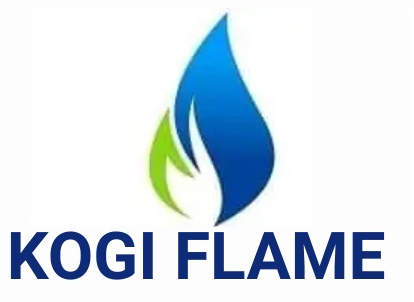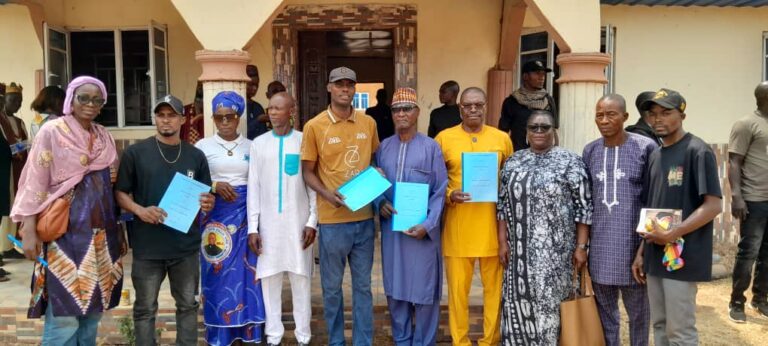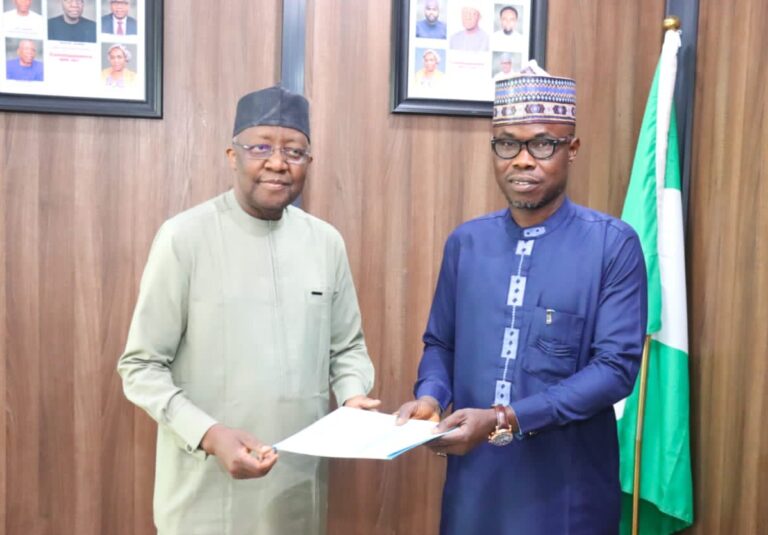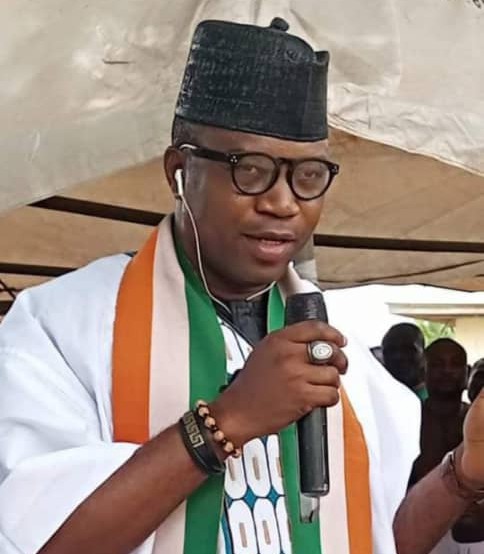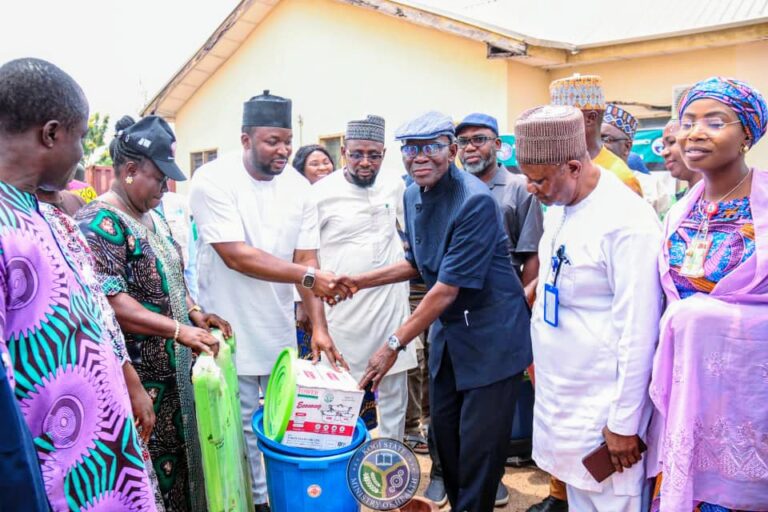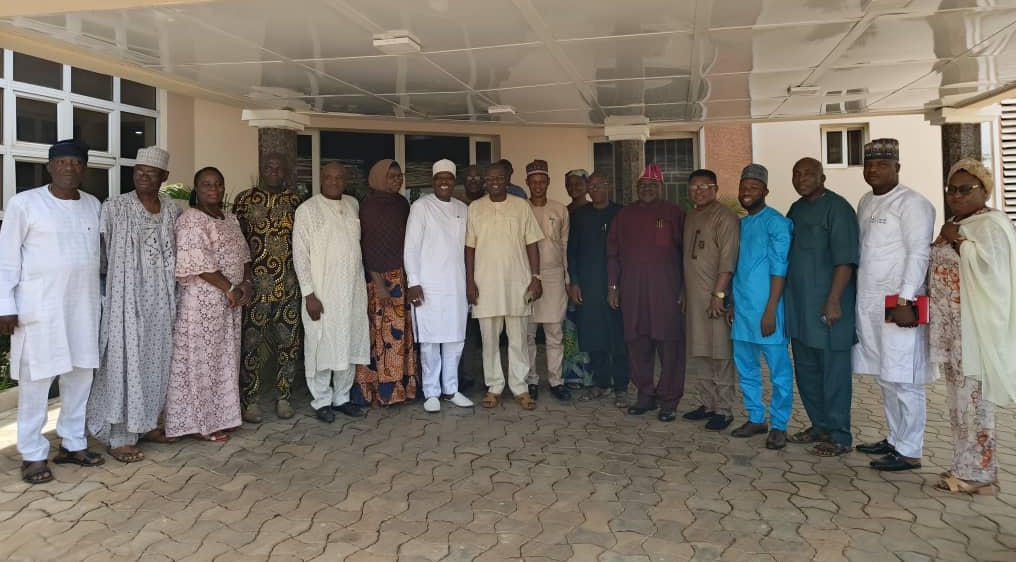

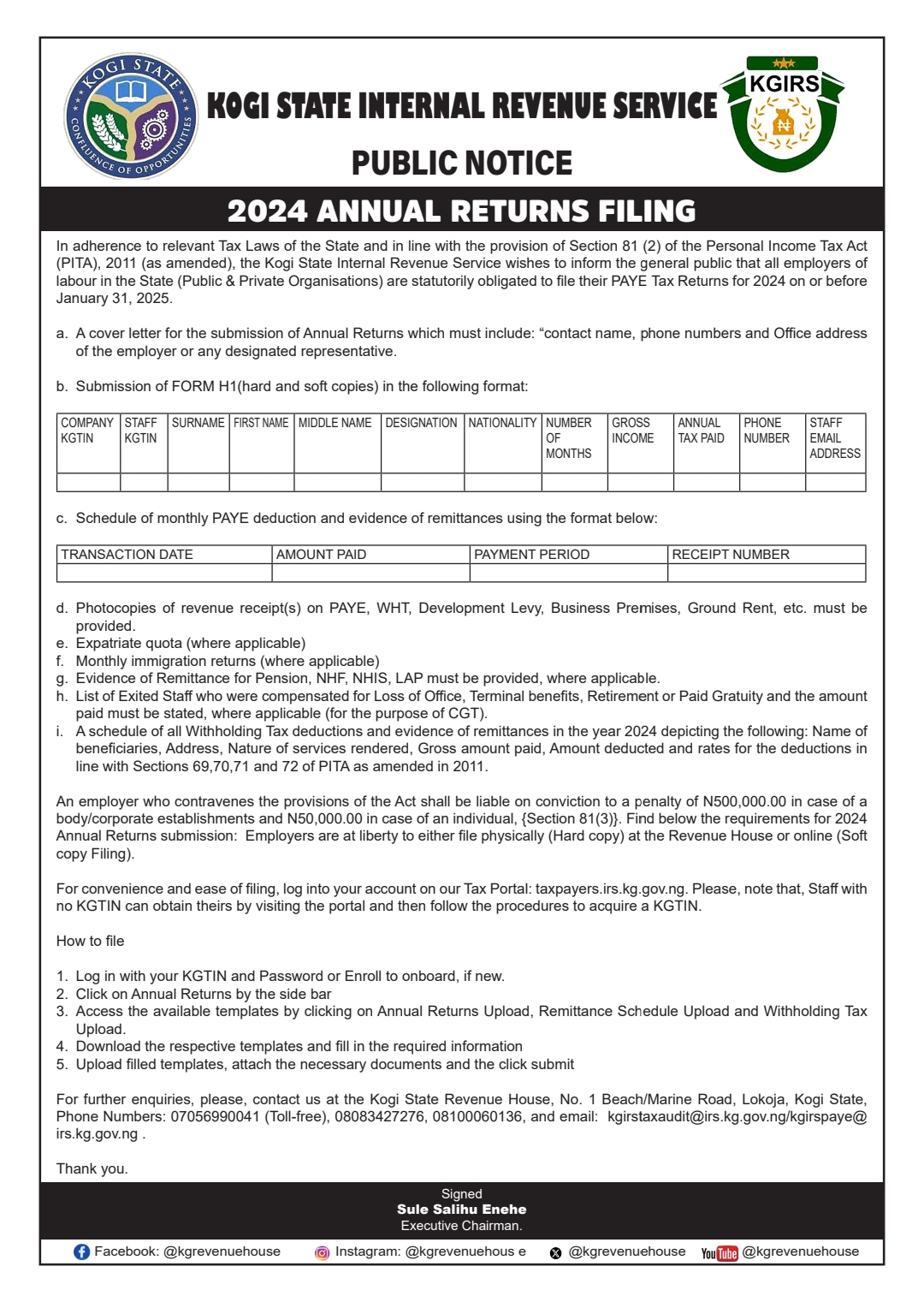
Kogiflame
The Executive chairman of the Kogi Internal Revenue service, Sule Salihu Enehe, has promised that the agency would engage more with Civil society groups and citizens in the State, to enlightened them on the various tax reforms which usually brings disagreement between the agency and the people.
The chairman stated this during the concluding session of the Open Government Partnership, (OGP), review meeting to fine tune and finalize the State Action Plan, based on the thematic areas of the state development plan.
He used the opportunity to call on the civil society groups in the state to have their organizations registered with the agency as a Non Governmental Organization, to minimize areas of frictions.
Parties agreed that there was need for more enlightenment so that citizens would be acquainted with their responsibilities and rights as regards the payment of taxes to the government.
Responding to the issues raised by Idris Miliki Abdul, Executive Director, Conscience for Human Rights and Conflict Resolution, (CHRCR), on the deduction of 10% rent money as tax, the chairman, promised to engage with the landlords also to educate them on this development.
Earlier, the Chairperson of Kogi NGOs Network, ( KONGONET), Ambassador Idris Ozovehe Muraina, said there is the need to reconcile and create a more cordial ground of engagement for tax officers and citizens, and specifically the civil society members across the state.
He acknowledged the importance of taxation in supporting government activities and providing necessary services to the people of our state, noting that the civil society groups understand and appreciate the need for revenue generation to ensure the development and progress of Kogi State.
Speaking further, he said,
“However, it has come to our attention that members of the civic space, including non-governmental organizations and community-based groups, have been receiving incessant and, at times, unlawful notifications for tax payments from the state tax authority.
“These actions have caused undue stress and confusion among our members, who are working tirelessly to support the most vulnerable and marginalized populations in our state.
“It is crucial for the leadership of the Kogi State Internal Revenue Service to recognize the nature of civil society activities and the significant contributions that NGOs, community-based organizations, and other civic groups make to the development of our state.
“These organizations operate with transparency, accountability, and a commitment to improving the lives of our citizens. Civil society organizations play a crucial role in promoting social welfare, advocating for marginalized groups, and providing essential services to our communities.
According to the Chairperson, unlike for-profit businesses, the activities of the NGOs are not driven by financial gain but by a commitment to service and humanitarian values.
“It is essential to recognize the unique contributions that civil society organizations make to the development of our state and to respect the important role they play in our society.
“I therefore, urge the leadership of the Kogi State Internal Revenue Service to prioritize training for tax officers on human relations and the nature of civil society activities across the state.
“It is essential that tax officers understand the unique challenges and constraints faced by NGOs and other civic organizations, and treat them with respect and courtesy when engaging with them on tax matters.
“I wish to specifically bring to your attention one of the challenges faced by civil society organizations in Kogi State, particularly in relation to taxation.
“As you may be aware, the national tax exemption policy for civil society organizations plays a crucial role in enabling organizations to carry out their vital work effectively.
“However, the recent exodus of civil society funders and donors from our state has placed significant financial strain on many organizations, making it increasingly difficult for them to fulfill their missions and serve the communities that rely on their support.
“In conclusion, let us work together to build a more harmonious and cooperative relationship between the Kogi State Internal Revenue Service and the civic space. By fostering understanding, communication, and mutual respect, we can create an environment where taxation is carried out fairly and transparently, while also supporting the important work of civil society organizations in our dear state.
The review meeting was attended by OGP state Actors, (SA) and non state Actors, (NSA).
